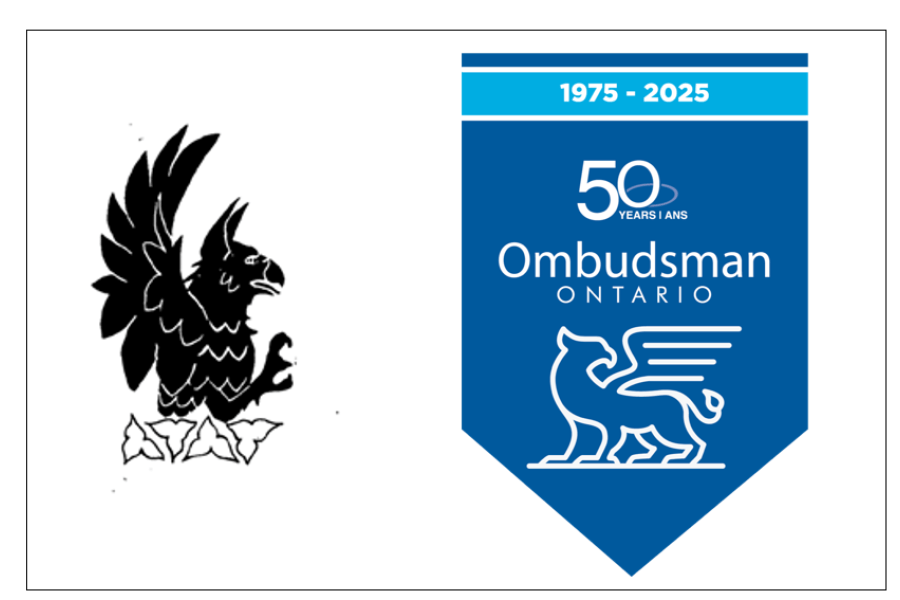Do you have a complaint?
Ontario Ombudsman releases 2024-2025 annual report
Ontario Ombudsman Paul Dubé’s tenth Annual Report, released on June 25, reflects record and near-record complaints in several areas of his jurisdiction, including those focused on the rights of vulnerable children, people with disabilities, inmates and Ontarians seeking services in French.

Protecting your rights for 50 years
It was 50 years ago, in March 1975, when Ontarians first learned they would soon have an Ombudsman to protect their right to fair treatment by public bodies.
On March 11, 1975, in a Speech from the Throne read by Lieutenant Governor Pauline McGibbon, the government promised to establish a “provincial ombudsman… to ensure the protection of our citizens against arbitrary judgment or practices.”




